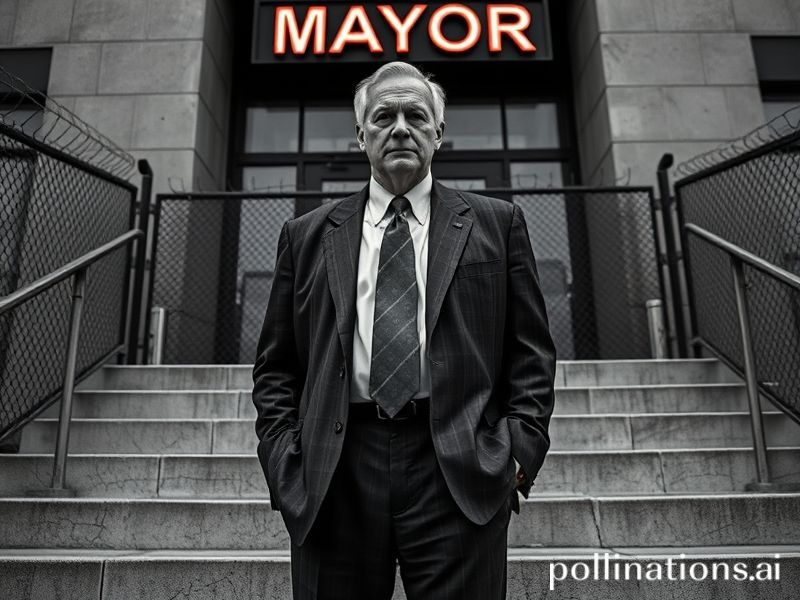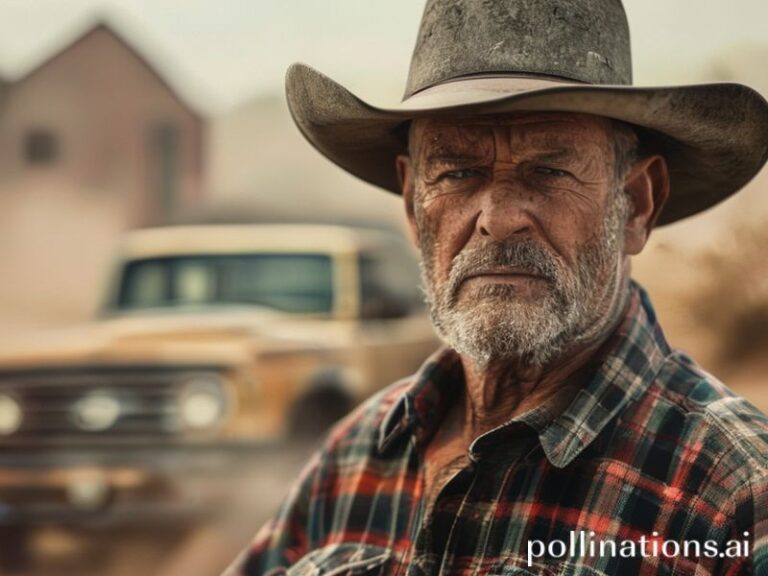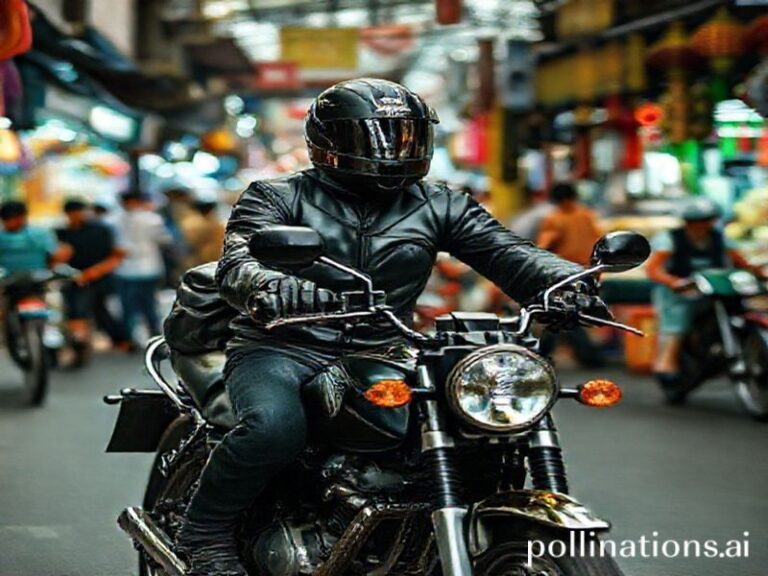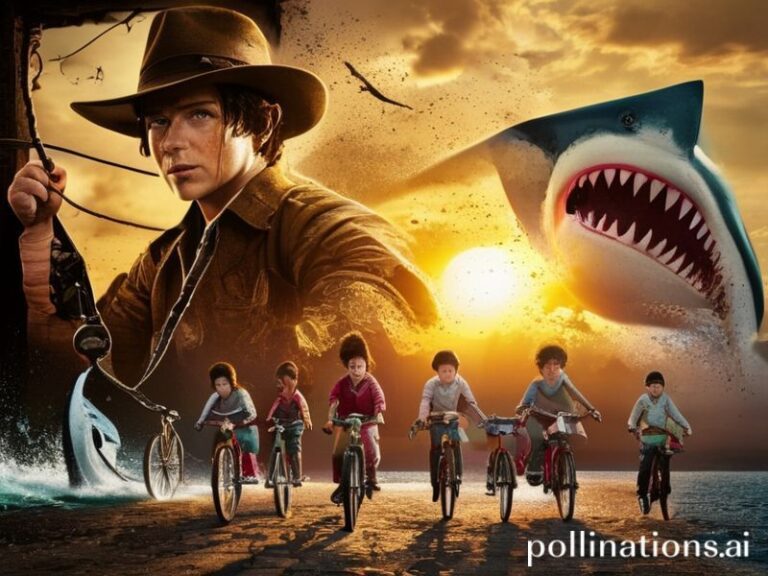From Lagos to Lapland: Why the World Can’t Quit Mayor of Kingstown’s Global Prison-Industrial Love Affair
The Prison-Industrial Theme Park Nobody Asked For
An International Dispatch on “Mayor of Kingstown” and the Quiet Global Scream It Represents
By the time the third season of “Mayor of Kingstown” dropped, the show had already been subtitled, memed, and binge-watched on every continent that still has reliable Wi-Fi. From Lagos living rooms to Lapland saunas, viewers watched Jeremy Renner brood through Michigan’s rust-belt ruins and thought, with the weary recognition of a shared hangover, “Ah yes, this is what late-stage capitalism looks like when it forgets to shave.” The series’ conceit—that a rusting prison town can be run like a family-run delicatessen, just with more shivs and fewer health inspectors—turns out to be less a regional oddity and more a mirror held up to the planet’s increasingly privatised carceral ambitions.
Elsewhere, governments have noticed. In Brazil, lawmakers reportedly screened the show during a “public-security retreat” (read: taxpayer-funded beach weekend) and emerged with the takeaway that “Kingstown’s private-public partnerships look refreshingly efficient.” Singapore’s civil-service college allegedly uses clips in a module titled “Advanced Stakeholder Management: When Everyone Is Armed.” And in the United Kingdom—ever eager to import American chaos on a budget—Parliament has floated the idea of “Kingstown Zones,” special municipalities where probation officers double as Uber drivers and the local economy runs on commissary kickbacks. One MP, caught on a hot mic, called it “levelling up, but with more leather jackets.”
The show’s genius, if we can use that word without choking on irony, is that it accidentally captures the global mood: a sense that institutions are simply gangs with better branding. Whether you’re in Caracas or Copenhagen, the distinction between municipal authority and organised crime now feels like a question of font choice. Kingstown’s rotating cast of prison guards, Russian mobsters, Black Guerrilla Family elders, and one perpetually exhausted mayor operates like the UN Security Council after a particularly bitter open bar. Everyone has a veto, and the only working language is leverage.
What’s striking to international eyes is how the series treats incarceration as the town’s single export commodity. Michigan’s fictional metropolis doesn’t make cars; it makes cages. Swap in Bangladeshi garment factories, Congolese coltan mines, or Qatar’s kafala stadium projects and the dynamic is identical: a locality mortgaged its soul for the privilege of exporting human misery at wholesale prices. The mayor’s job, stripped of its gunmetal patina, is basically that of a regional sales rep for despair—think Glengarry Glen Ross, but the leads are actual felons.
Meanwhile, streaming statistics reveal darker demographic curiosities. In Russia, torrent sites report a 400 % spike in downloads whenever a new episode leaks, accompanied by comment-section debates on whether the Kingstown riots are “more or less festive” than the average Wagner recruitment fair. In South Korea, fan forums have gamified the body count into fantasy-league brackets; office workers place lunchtime wagers on which gang will control the yard by episode’s end. Somewhere in the metaverse, a Finnish startup is prototyping a VR experience called “My First Prison Town,” complete with haptic feedback when you get stabbed in the shower. Early investors include a Saudi sovereign-wealth fund and, naturally, the private-prison conglomerate GEO Group, whose lobbyists insist it’s “purely educational.”
All of which raises the question: Is “Mayor of Kingstown” entertainment, or is it onboarding material? The show’s greatest trick is convincing us that its dystopia is geographically contained, when in truth every nation is busy franchising its own branch office. France has its banlieues, Australia its offshore detention archipelago, China its re-education gift shops. The only difference is cinematography.
So we watch Renner trudge through yet another moral swamp, and we laugh—because laughing is cheaper than therapy and less indictable than rioting. Somewhere between the sniper scopes and the social-worker monologues, the series becomes a global campfire story: Gather round, kids, and let us tell you how the grown-ups turned justice into an Airbnb experience. The embers are still warm, the marshmallows are contraband, and the marshmallow sticks have been sharpened on both ends.
In the end, “Mayor of Kingstown” isn’t really about Kingstown at all. It’s about the shared intuition that every city is now a company town, every citizen a potential SKU. And if that thought keeps you up at night, congratulations—you’ve just qualified for the night shift. The uniform’s in the mail, and yes, the badge is purely decorative.







